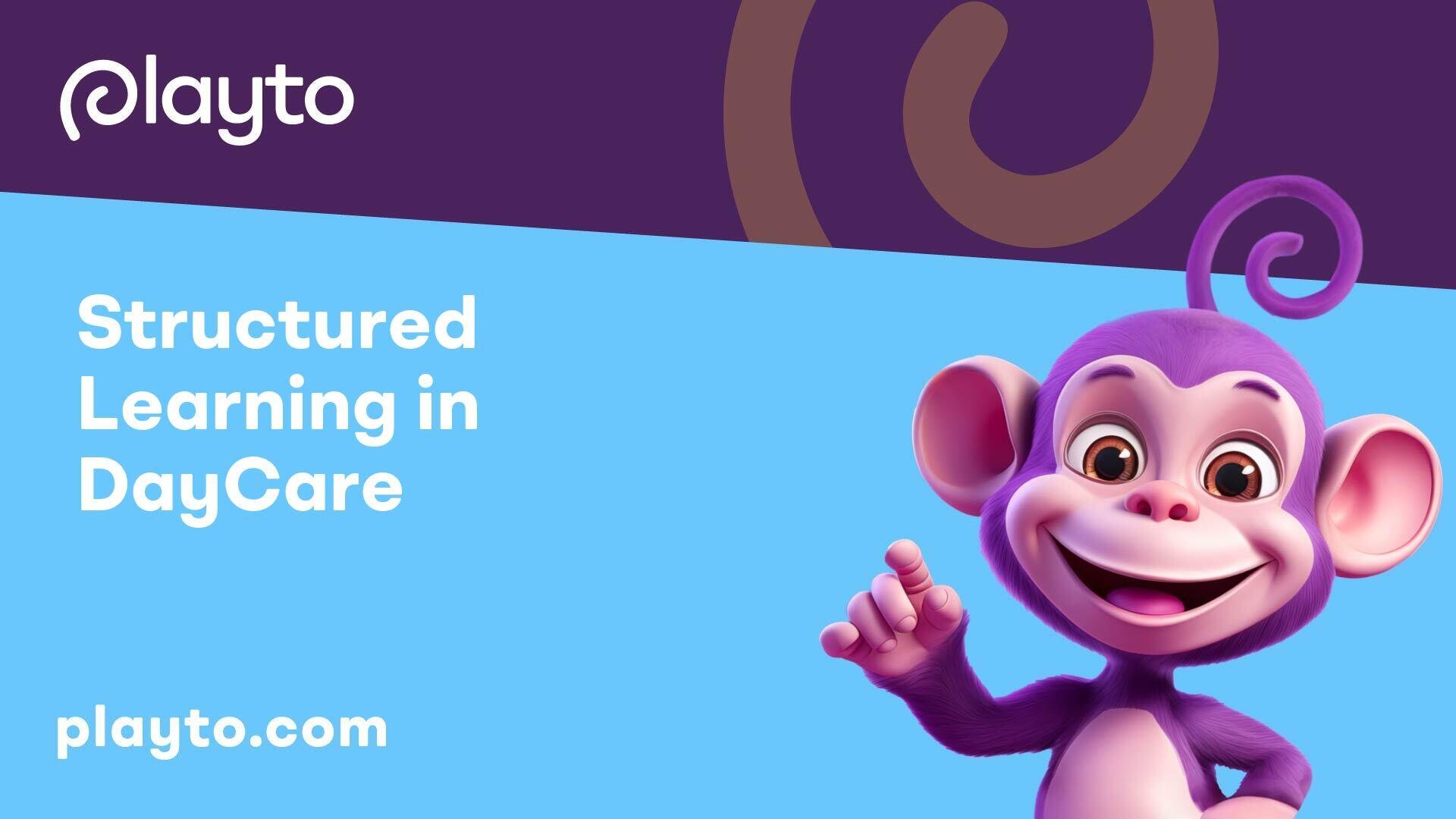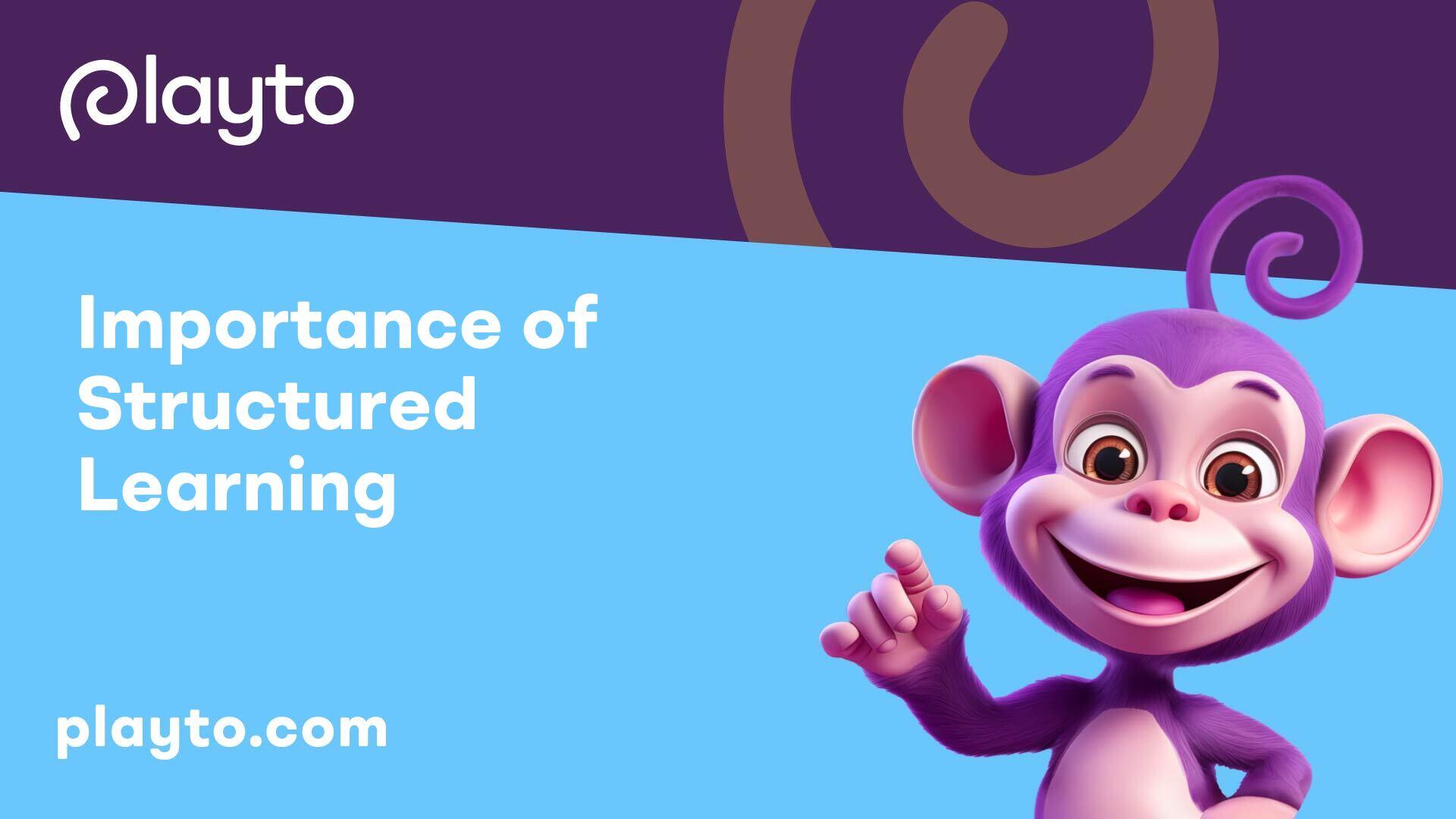
Importance of Structured Learning
Predictable Routines for Children
In a daycare setting, consistent daily schedules and step-by-step routines play a vital role in supporting children's development. These routines provide children with a predictable day, helping them feel more confident and secure. By following set routines, infants and toddlers develop relationships, gain a sense of belonging, and build self-confidence through familiar activities and interactions. As children grow, adhering to routines enables them to showcase emerging independence and adapt to change more readily.
Structured learning through predictable routines not only aids in academic skills but also contributes significantly to children's social and emotional well-being. By knowing what to expect throughout the day, children feel a sense of security and stability, fostering positive relationships with caregivers and peers. This predictability helps prevent challenging behaviors and encourages children to explore their environment with confidence and curiosity.
HighScope Curriculum Overview
The HighScope curriculum is a renowned early educational approach that focuses on structured learning strategies for preschoolers. This curriculum is designed to engage children through participatory learning in well-organized classrooms, promoting a hands-on and interactive approach to education.
In HighScope classrooms, teachers play a crucial role in guiding children towards their development and learning goals. They use a "play-do-review" structure, where children engage in play-based activities, implement what they have learned, and then reflect on their experiences. This approach helps children grasp fundamental concepts in math, reading, science, and other subjects in an engaging and interactive manner.
The HighScope curriculum emphasizes active participation, problem-solving, and critical thinking, providing children with a solid foundation for future academic success. By incorporating structured learning activities within this curriculum, children can develop essential skills, such as decision-making, communication, and collaboration, in a supportive and enriching environment.
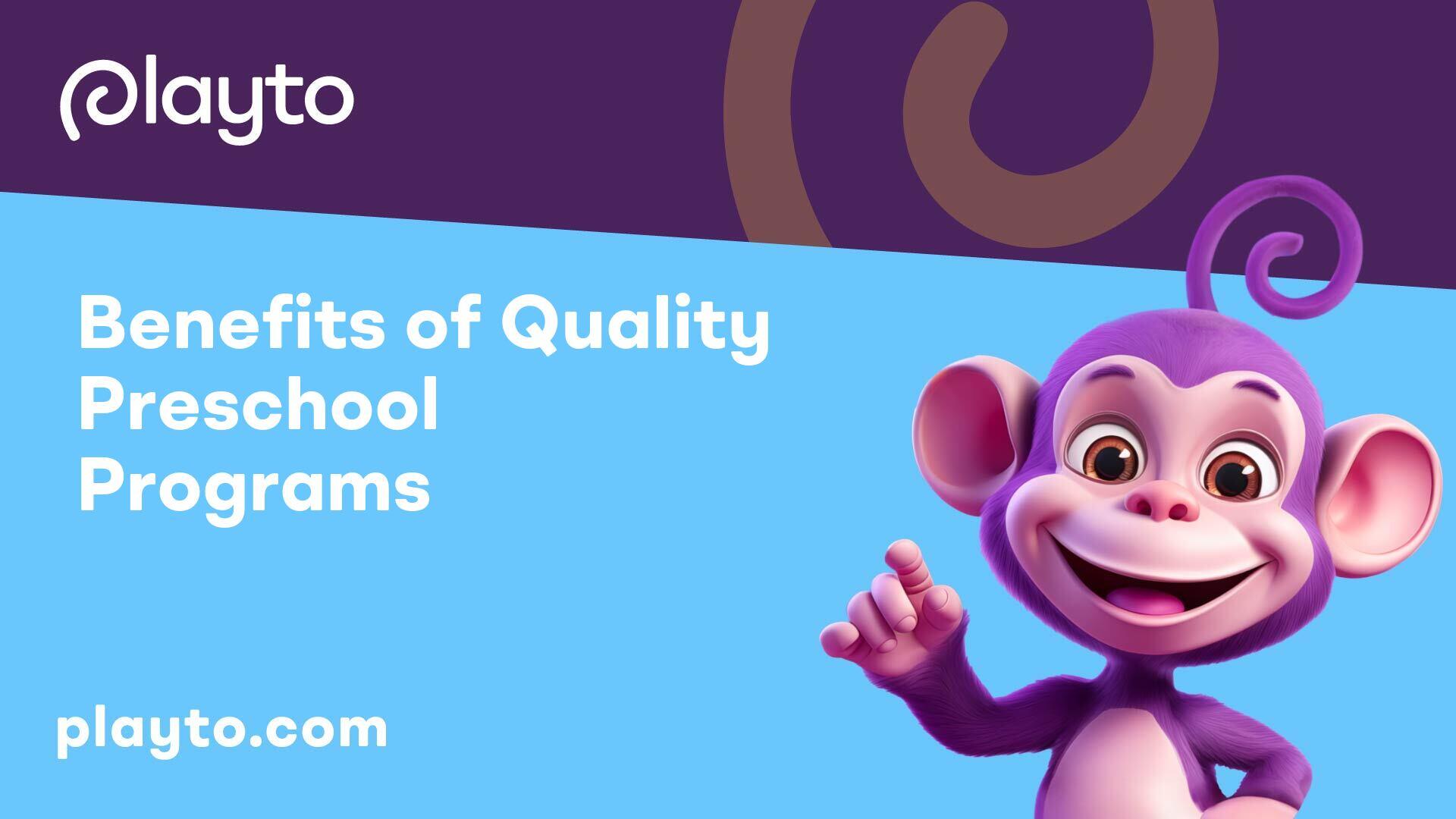
Benefits of Quality Preschool Programs
Quality preschool programs play a vital role in shaping the educational journey of young learners, providing them with a solid foundation for future academic success. Investing in structured learning in daycare environments can lead to significant and lasting benefits for children, fostering educational gains and positively impacting student success.
Lasting Educational Gains
Studies have shown that enrolling children in quality preschool programs can result in lasting educational gains, equipping them with essential skills that prepare them for school and beyond. According to Learning Policy Institute, children who attend high-quality preschools experience substantial learning gains compared to those who do not have access to such programs.
Quality preschool programs provide children with a stimulating and nurturing environment where they can develop cognitive and social skills, setting the stage for academic achievement in later years. Well-qualified educators, developmentally appropriate programs, and adequate learning time significantly contribute to the sustained benefits of preschool programs on student success.
Impact on Student Success
Investments in quality preschool programs have been proven to yield positive outcomes, not only academically but also socially and economically. According to Learning Policy Institute, attendees of high-quality preschools show higher levels of education and earnings, lower involvement in delinquency and crime, and fewer chronic health problems compared to those who do not have the same opportunity.
Moreover, high-quality preschool programs have been found to reduce the likelihood of children being identified as having special needs or being held back in elementary school. These programs also have a positive impact on early literacy and mathematics skills, paving the way for continued academic success.
Investing in quality preschool programs not only benefits individual children but also contributes to closing the gap in school and life outcomes between children from low-income families and their wealthier peers. This highlights the long-term advantages of early childhood education in fostering academic growth and social equity.
Quality preschool programs serve as a cornerstone in nurturing young minds, supporting their holistic development, and laying the groundwork for a successful educational journey. By prioritizing structured learning in daycare settings, children can flourish academically and socially, setting them on a path towards a bright and promising future.
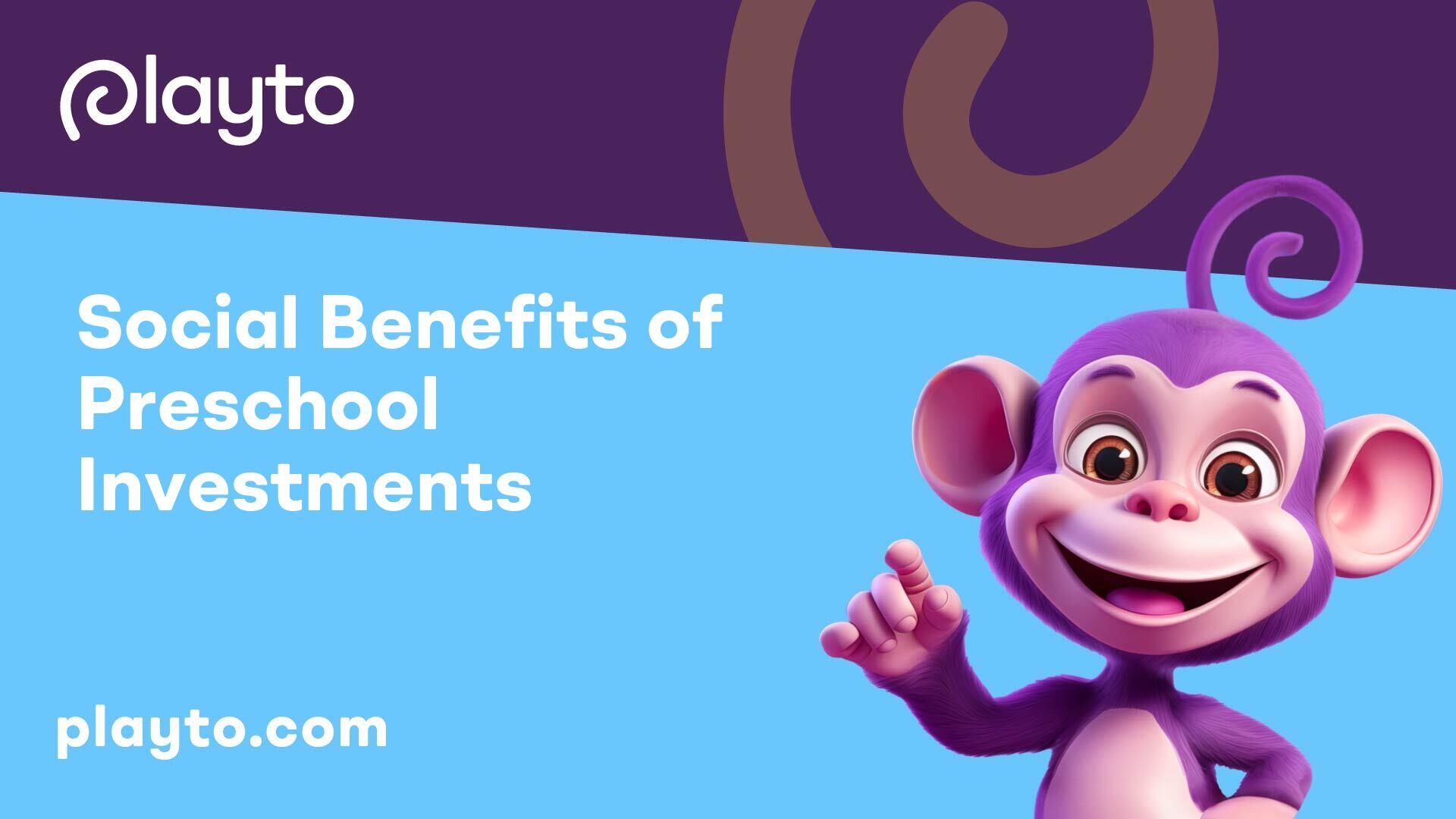
Social Benefits of Preschool Investments
Investing in quality preschool programs yields significant social benefits, positively impacting children's long-term outcomes and bridging the achievement gap.
Long-Term Effects on Children
Research by the Learning Policy Institute highlights that quality preschool education sets the stage for long-lasting benefits for children. Students who participate in high-quality preschool programs are better equipped to handle school challenges and demonstrate substantial learning gains compared to those without preschool experience.
These lasting effects extend beyond the classroom, with children who have attended quality preschool programmes being less likely to require special educational support or face grade retention in elementary school. The early literacy and mathematics skills fostered in preschool set a foundation for future academic success, paving the way for brighter educational prospects.
Closing the Achievement Gap
Investments in quality preschool programs play a crucial role in narrowing the disparities in academic and life outcomes between children from low-income families and their more affluent counterparts. By offering all children access to high-quality early education, the achievement gap can be significantly reduced, promoting greater equity in education and societal opportunities.
The positive effects of preschool investments extend far beyond the early years, contributing to improved school performance, enhanced cognitive development, and better social skills. By addressing educational inequalities early on, preschool programs create a more level playing field for all children, setting them on a trajectory towards success and fulfilling their potential.
Investing in quality preschool programs not only benefits individual children but also strengthens communities and society as a whole, showcasing the transformative power of early childhood education in shaping a brighter future for all.
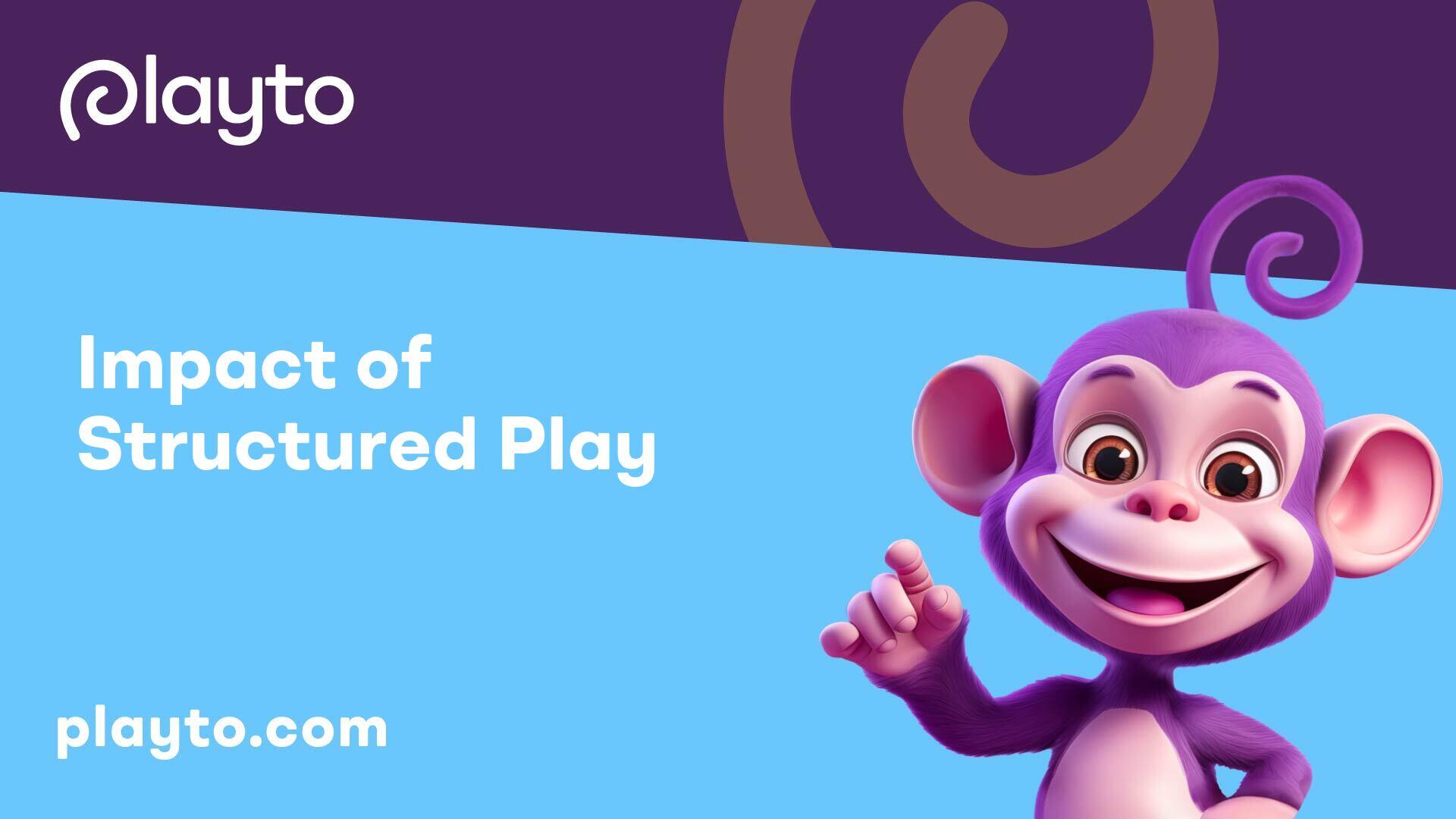
Impact of Structured Play
Structured play, also known as goal-oriented play, involves using logic to solve problems and achieve specific objectives. Understanding the definition and characteristics of structured play is essential in recognizing its benefits for children's overall development.
Definition and Characteristics of Structured Play
Structured play in a daycare setting typically involves organised activities with predefined goals and rules. Children engage in guided play sessions that encourage problem-solving, teamwork, and goal achievement. This form of play provides a framework for learning and development, offering a balance between educational content and enjoyable experiences.
The characteristics of structured play include:
- Clear objectives and goals to accomplish.
- Defined rules and guidelines to follow during play.
- Activities that focus on specific skills or concepts.
- Adult supervision and guidance to facilitate learning.
- Opportunities for children to work together and communicate effectively.
Observing how a child learns best and integrating quality playtime that incorporates both logical and creative thinking can nurture traits that foster lifelong learning.
Benefits for Children
Structured play activities play a crucial role in children's cognitive, social, and emotional development. By engaging in goal-oriented play, children benefit in various ways, enhancing their overall skill set and preparing them for future challenges.
Some key benefits of structured play for children include:
- Problem-Solving Skills: Structured play helps children develop problem-solving abilities by identifying obstacles and working towards finding viable solutions to achieve goals [5].
- Active Listening: Activities in structured play often require children to listen carefully to instructions or directions, improving their active listening skills.
- Goal Achievement: Children learn the value of setting and achieving goals through structured play sessions, fostering a sense of accomplishment and boosting self-confidence.
- Teamwork and Communication: Engaging in group activities during structured play encourages teamwork, enhances communication skills, and teaches children how to collaborate effectively.
Moreover, structured play helps children recognise patterns, meet pre-established goals efficiently, and develop critical thinking skills while working towards specific objectives. This type of play complements unstructured play, which focuses on creativity and exploration, creating a well-rounded play experience for children.
By integrating structured play into daycare programmes, educators can create enriching learning environments that support children's holistic development and cultivate valuable skills that benefit them both academically and socially.
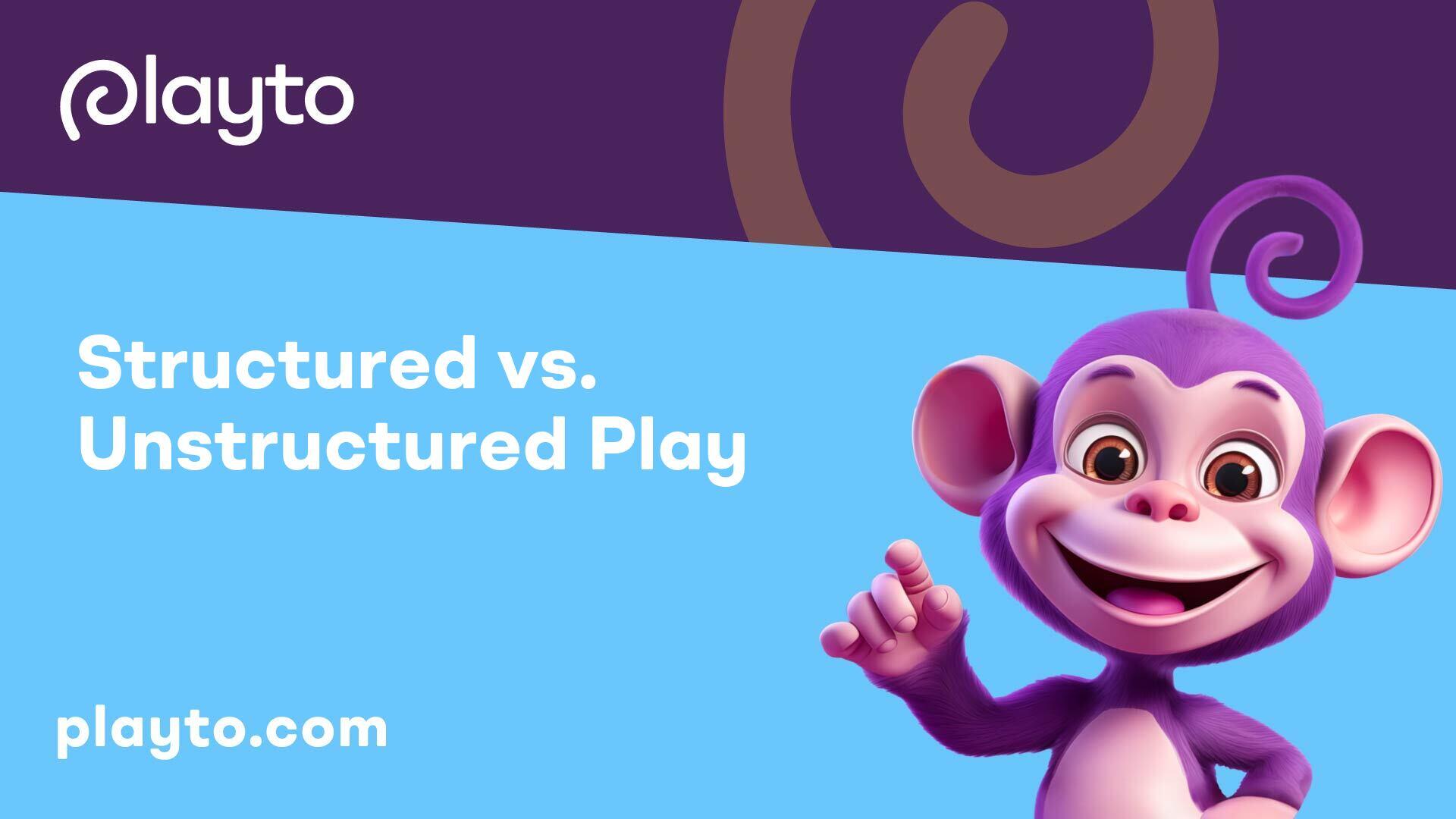
Structured vs. Unstructured Play
When it comes to playtime in daycare settings, understanding the differences between structured and unstructured play is crucial for promoting holistic child development. Structured play, also known as goal-oriented play, involves using logic to solve problems, while unstructured play, or creative play, is open-ended and fosters creativity [4]. Both types of play have unique benefits in developing key skills in children, and finding a balance between the two is essential for comprehensive learning experiences.
Goal-Oriented vs. Creative Play
Structured play is centered around predefined goals and specific activities that guide children towards achieving those objectives efficiently. It helps children recognize patterns, improve problem-solving skills, and develop a sense of achievement when goals are met. On the other hand, unstructured play allows children to explore their creativity, imagination, and curiosity without strict guidelines or outcomes. It encourages free thinking, innovative ideas, and the ability to adapt and create in a flexible environment [4].
Developing Key Skills
Structured play activities in daycare environments are ideal for fostering various essential skills in children. These activities focus on problem-solving, goal achievement, active listening, confidence building, resilience, teamwork, and communication. Through structured play, children learn to work towards objectives, follow instructions, and enhance their cognitive abilities by engaging in purposeful tasks.
Conversely, unstructured play plays a vital role in developing qualities like creativity, imagination, empathy, freedom of expression, the ability to experiment and make mistakes in a low-pressure setting, quick thinking, and thinking outside the box. Children engaged in unstructured play have the opportunity to explore their interests, make decisions, and express themselves creatively, fostering a sense of independence and self-discovery.
To promote comprehensive learning and cognitive development in daycare settings, it is essential to provide opportunities for both structured and unstructured play. By observing children's preferences and understanding their strengths and weaknesses, caregivers and educators can create a balanced play environment that caters to the individual needs of each child. A mixture of structured activities to enhance logical thinking and unstructured play to stimulate creativity can greatly contribute to a child's overall development and prepare them for lifelong learning.
Balancing Playtime for Children
When it comes to fostering a vibrant learning environment in daycare settings, striking a balance between structured and unstructured play is essential for the holistic development of children. Understanding the importance of both play types and observing child's preferences can significantly impact a child's growth and overall experience in daycare.
Importance of Both Play Types
Structured play, also referred to as goal-oriented play, involves activities that require logic and problem-solving skills. On the other hand, unstructured play, commonly known as free play, encourages creativity and exploration. Both forms of play are vital for nurturing a child's innate curiosity and fostering a love for learning.
Structured play helps children recognize patterns, achieve set objectives, enhance active listening skills, build confidence, foster teamwork, and improve communication skills. It is instrumental in developing problem-solving abilities and resilience in children while ensuring they work towards predefined goals efficiently [4].
In contrast, unstructured play stimulates imagination, creativity, empathy, freedom of expression, and quick thinking. It provides children with a pressure-free environment to make mistakes, think outside the box, and explore endless possibilities. This form of play cultivates traits such as empathy, adaptability, and the ability to think innovatively when faced with challenges.
Observing Child's Preferences
A balanced play diet for children includes a mix of structured and unstructured play to nurture both logical and creative thinking skills. By observing the preferences and tendencies of individual children, daycare providers can tailor activities to suit their unique strengths and weaknesses. This personalised approach ensures that children engage meaningfully in playtime, benefitting from a well-rounded developmental experience [4].
By recognising the significance of structured and unstructured play and adapting activities based on children's interests, daycare professionals can create an enriching and dynamic environment that supports the holistic development of each child. Incorporating a variety of play styles ensures that children have the opportunity to explore, learn, and grow in a manner that aligns with their individual preferences and learning styles.
Engaging Preschool Activities
When creating a stimulating and educational environment in a daycare setting, engaging preschool activities play a crucial role. Providing a mix of structured and unstructured play allows children to explore, learn, and develop vital skills. In this section, we will explore the benefits of free-choice time and the importance of balancing structured and unstructured play for young learners.
Free-Choice Time Benefits
Preschool children benefit greatly from free-choice time, as it allows them independence and the opportunity to make choices according to their interests and preferences. During this period, children are more engaged in activities they select themselves, fostering a sense of autonomy and ownership over their learning.
To maximize the benefits of free-choice time, it is recommended that at least 60 minutes be dedicated to such activities in programs operating eight hours or more. This extended duration enables preschool-age children to deeply engage in play, facilitating their progress towards various learning goals [6].
Balancing Structured and Unstructured Play
Encouraging a balance between structured and unstructured play is essential for children's holistic development. Structured activities offer a goal-oriented approach, helping children develop specific skills and achieve learning objectives. On the other hand, unstructured play encourages creativity, imagination, and problem-solving skills.
A healthy equilibrium between these play types ensures that children develop logical and creative thinking skills, catering to their cognitive and emotional growth effectively. It is vital to consider each child's strengths and weaknesses when deciding between structured and unstructured activities, to provide a well-rounded play experience that supports their overall development.
When engaging preschoolers in play activities, it's crucial to observe their level of involvement and interest. If children start to lose focus or become disengaged during a structured activity, transitioning to an unstructured activity can help maintain their enthusiasm and motivation. This flexibility allows for a dynamic play environment that adapts to children's needs and interests, promoting continued learning and enjoyment at daycare.
By incorporating a mix of free-choice time and a balance between structured and unstructured play, daycare providers can create a vibrant and interactive learning environment that nurtures children's creativity, independence, and overall developmental growth.
Promoting Learning Through Play
Embracing the idea of structured learning in daycare, play-based development research has shed light on the significant benefits of incorporating playful activities into educational settings. The amalgamation of research from anthropology, developmental psychology, and neuroscience underscores the pivotal role of play in enhancing children's cognitive, social, emotional, creative, and physical skills. Play not only refines the prefrontal cortex of the brain but also stimulates the production of a protein crucial for the growth of new neurons and synapses.
Play-Based Development Research
In the early 20th century, visionaries like anthropologist John Dewey and psychologist Vygotsky advocated for play as a cornerstone of child development. Dewey linked children's play to the scientific inquiry process, emphasizing the importance of natural experimentation. Vygotsky highlighted play's role in speech development, cognitive processing, self-awareness, and self-regulation. Play interventions are commonly used to aid children in developing socio-emotional skills and fostering positive peer relationships.
The evolving landscape of global education policy now recognises the importance of holistic skills such as socio-emotional learning, creative thinking, and physical development. Governments and educational systems are adapting to provide children with comprehensive education that extends beyond traditional learning domains, preparing them for success in a rapidly changing work environment.
Effective Playful Pedagogies
When it comes to implementing playful pedagogies, various approaches such as active learning, collaborative learning, problem-based learning, and Montessori education have shown to yield profound learning outcomes. These approaches foster the development of social, emotional, physical, cognitive, and creative skills in students, surpassing the results of traditional teaching methods in primary school classrooms.
Teachers who adeptly incorporate playful pedagogies adopt multiple facilitation roles, serving as guides, mentors, facilitators, and structured lesson providers. They encourage student agency, hands-on learning, exploration, reflection, and decision-making, resulting in positive and enriched learning experiences for the children in their care.
References
[1]: https://eclkc.ohs.acf.hhs.gov/quienes-somos/articulo/importance-schedules-routines
[2]: https://www.wonderschool.com/p/parent-resources/preschool-models/
[4]: https://www.playgroundcentre.com/unstructured-vs-structured-play/
[5]: https://www.bricks4kidz.com/blog/structured-play-vs-free-play/
[6]: https://www.virtuallabschool.org/preschool/learning-environments/lesson-5
[7]: https://www.frontiersin.org/journals/education/articles/
